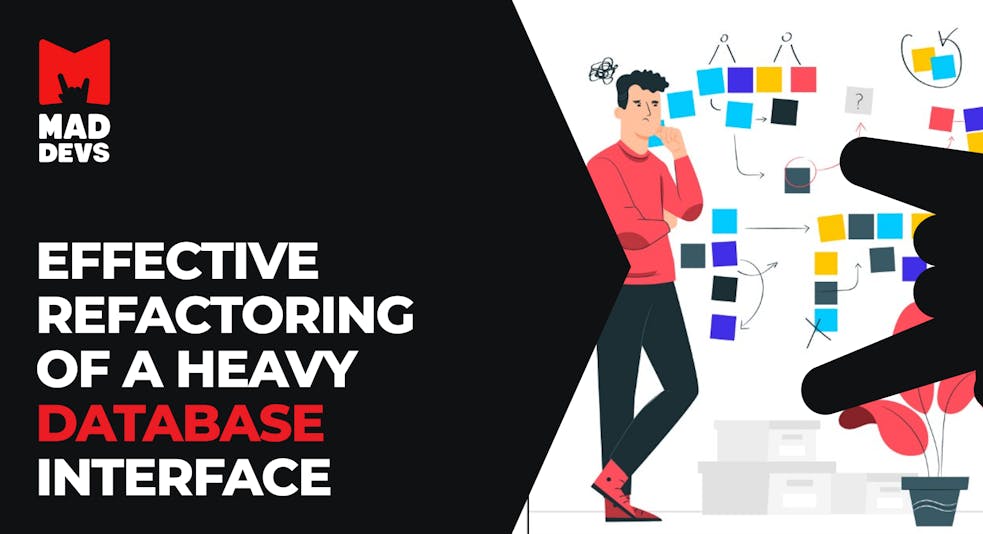
Backend Solutions for Business Growth
Grow Your Business with Robust Backend Created by the Mad Devs Team
We use our expert knowledge to build backend solutions that can scale your business at the required speed.
Our Backend Development Process
During the research stage, we sign an NDA, collect project information, analyze requirements, and define milestones.
Signing an NDA ensures the confidentiality of customer information. Collecting project information helps us define the project scope and create a development plan. Analyzing requirements ensures alignment with customer demands and mitigates risks. Defining stages helps with project planning and scheduling. We utilize these processes to deliver projects on time and within budget.

Tech Stack We Love to Use
Python
High-level, interactive, and object-oriented programming language.
Go
Statically typed language that is similar to C but with garbage collection and memory safety.
Case Studies
Benefits of Working with Mad Devs Backend Developers
Agile methodology
High level of scalability
No freelance resources
Boilerplates application
Holistic approach
New and legacy projects



